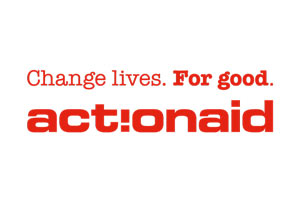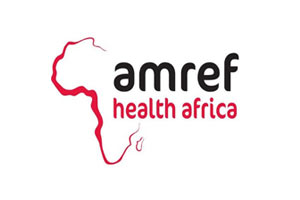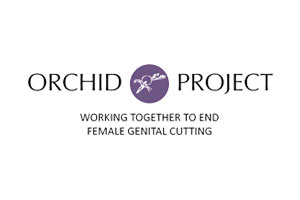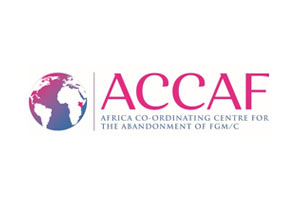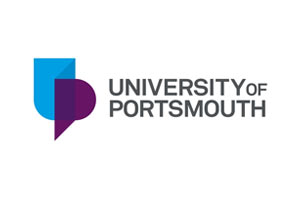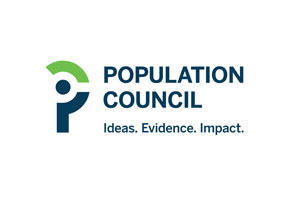
Who We Are
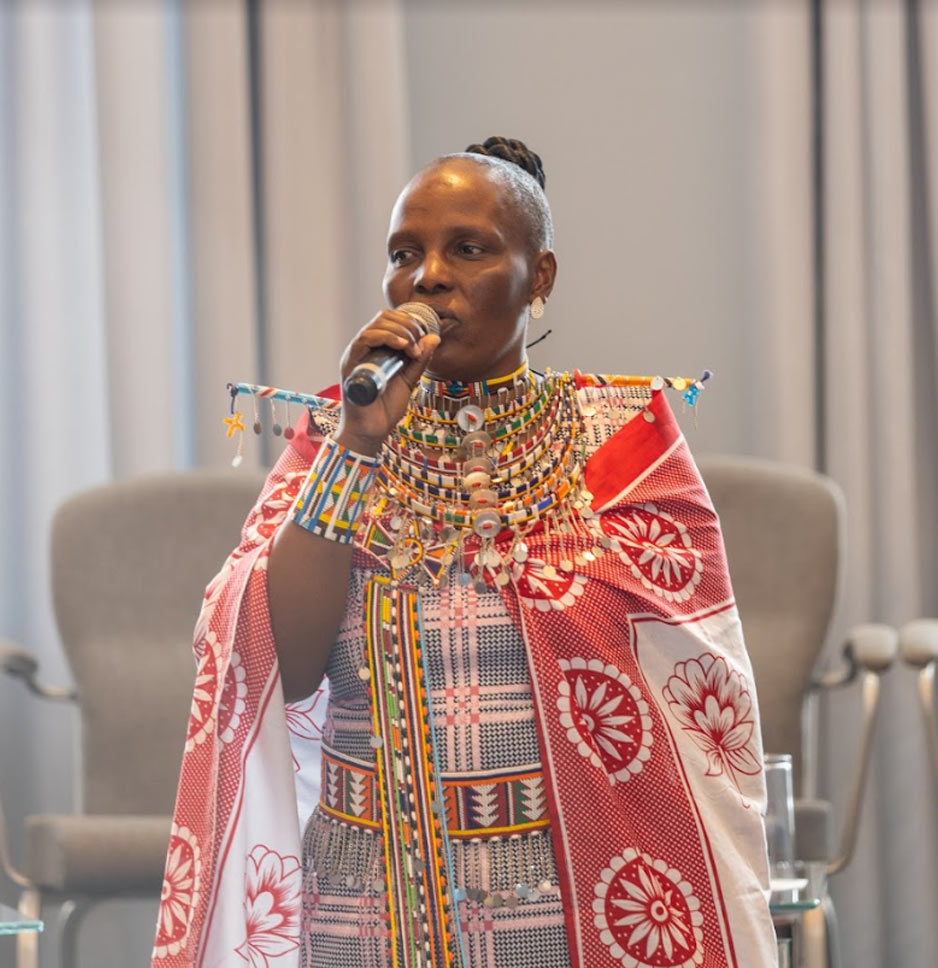
About the programme
The programme seeks to accelerate positive changes in social attitudes toward ending FGM/C, within a broader vision of a world where girls and women can exercise their power and rights, have expanded choice and agency, and be free from all forms of violence.
The intended impact of this programme is an accelerated reduction in the practice of FGM/C in focus countries by 2025.
Our Vision
A world where girls and women can exercise their power and rights, have expanded choice and agency, and be free from all forms of violence, including FGM/C.
Intended Impact
The intended impact of this programme is an accelerated reduction in the practice of FGM/C in our focus countries/regions by the end of 2025.
Girl-centered programming
Girls are placed at the heart of our programme design, implementation, and evaluation. FGM/C is a practice that affects girls and therefore we aim to centralize their voices
Our Theory of Change
The programme will contribute to a significant reduction in the practice of FGM/C in four focal countries in Africa (Senegal, Somalia, Kenya and Ethiopia) by 2025, by accelerating positive changes in social attitudes towards ending FGM/C, within a broader vision of a world where girls and women can exercise their power and rights, have expanded choice and agency, and be free from all forms of violence.
The programme can be referred to as TGG-ALM.
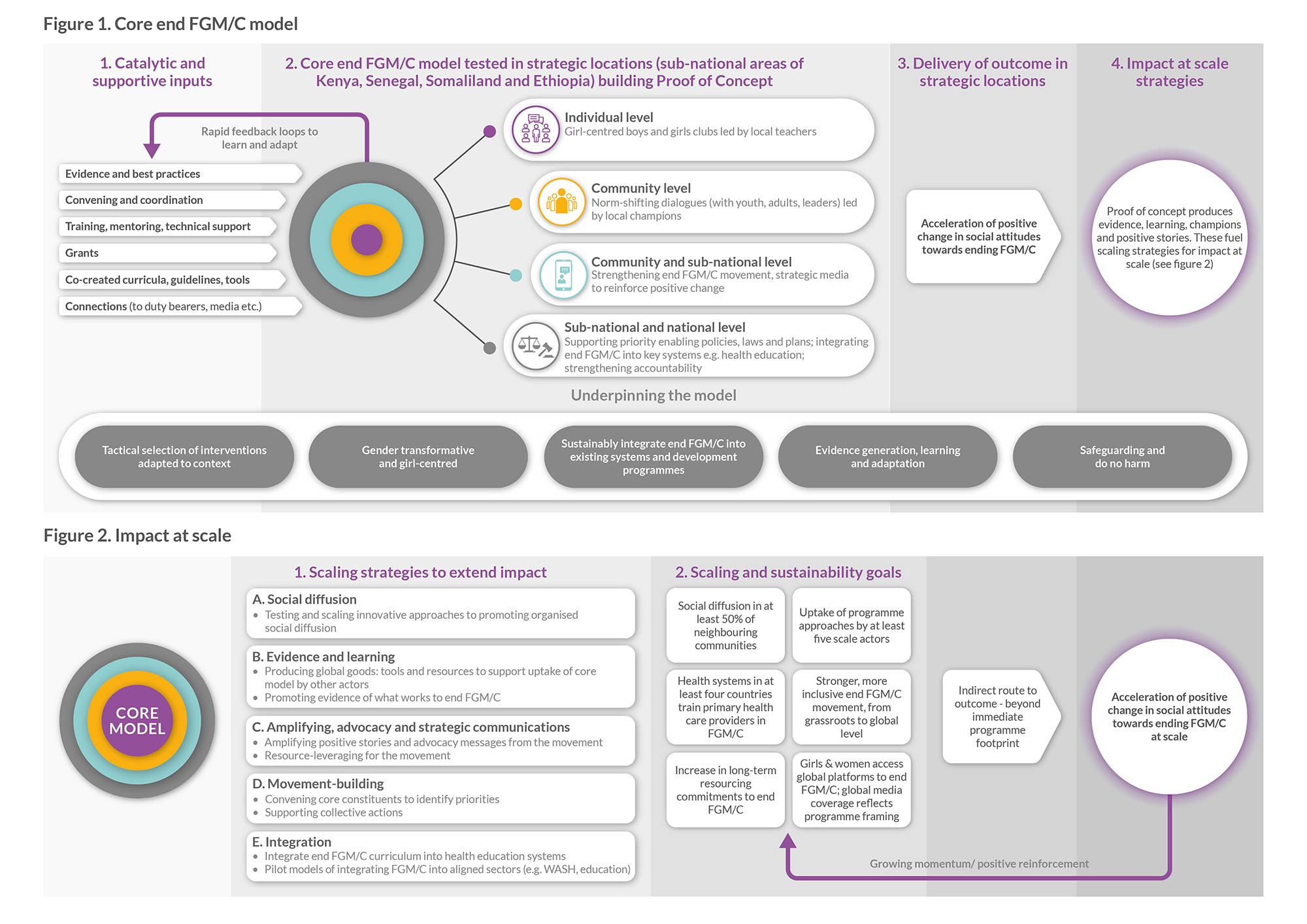
About the consortia
The Girl Generation -Support to the Africa Led Movement to End FGM/C Programme (TGG-ALM), is implemented by a consortium led by Options Consultancy Services and includes Amref Health Africa, ActionAid, Orchid Project, Africa Coordination Centre for Abandonment of FGM/C, and the University of Portsmouth. It works closely with the Population Council’s Data Hub, the programme’s data and measurement arm. The programme will continue to support and build the capacity of the already existing Africa-led Movement to end FGM/C at multiple levels and at scale. The programme is not working in isolation but works in partnership with the rest of the FGM/C community at all levels, including UN agencies.
Do No Harm
Do No Harm is an ethical principle underpinning research, health, and social programming. It means that those undertaking research and/or interventions should not, intentionally or otherwise, cause harm.
There are risks that social change interventions, such as efforts aimed at ending the practice of FGM/C, can inadvertently create societal divisions, particularly in contexts of conflict and fragility.
Negative effects are often unforeseen and unintended, however with proactive risk mapping and planning, many can be avoided or mitigated.
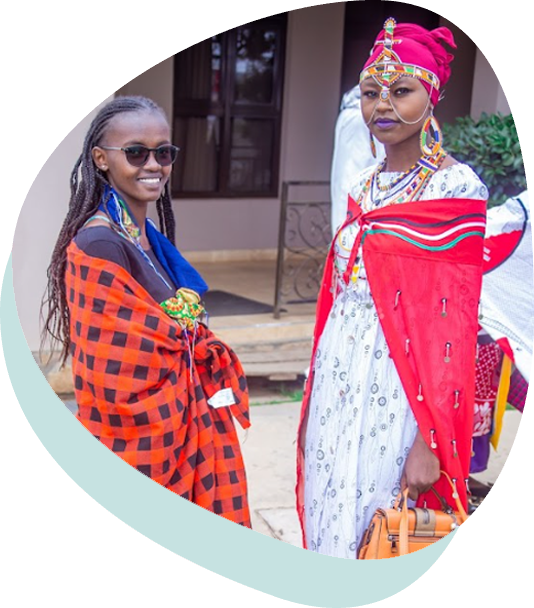
Meet The Leadership Team
Frequently Asked Question’s
How Can We Help?
The psychological effects of FGM can include post-traumatic stress and depression. FGM is an expression of gender inequality and a form of gender-based violence, as the UN recognises in its 2012 resolution calling for the global elimination of FGM.
Female Genital Mutilation (FGM) is a harmful practice. It includes all procedures that involve partial or total removal of the external female genitalia, or other injury to the female genital organs for non-medical reasons. FGM can cause severe pain, bleeding, problems urinating, cysts, infections, infertility, complications in childbirth, and even death.
Female Genital Mutilation (FGM) causes many negative health effects, including severe pain, bleeding, problems urinating and menstruating, cysts, infections, infertility, complications in childbirth, and sometimes death. The psychological effects of Female Genital Mutilation (FGM) are also severe and can cause post-traumatic stress and depression.
The Girl Generation is a social change communications initiative. We seek to inspire organisations and individuals, including youth, across the most affected countries in Africa and beyond, to end FGM in one generation. We are driven by the conviction that for FGM to end there needs to be a positive transformation in the way that girls are valued.
Social change communication to end FGM is an approach to communication that speaks to the motivations behind the practice of FGM. It provides positive alternatives, opens up debate and discussion in the public sphere, prompts individuals to question their acceptance of the practice, and increasingly builds confidence to speak out against FGM.


